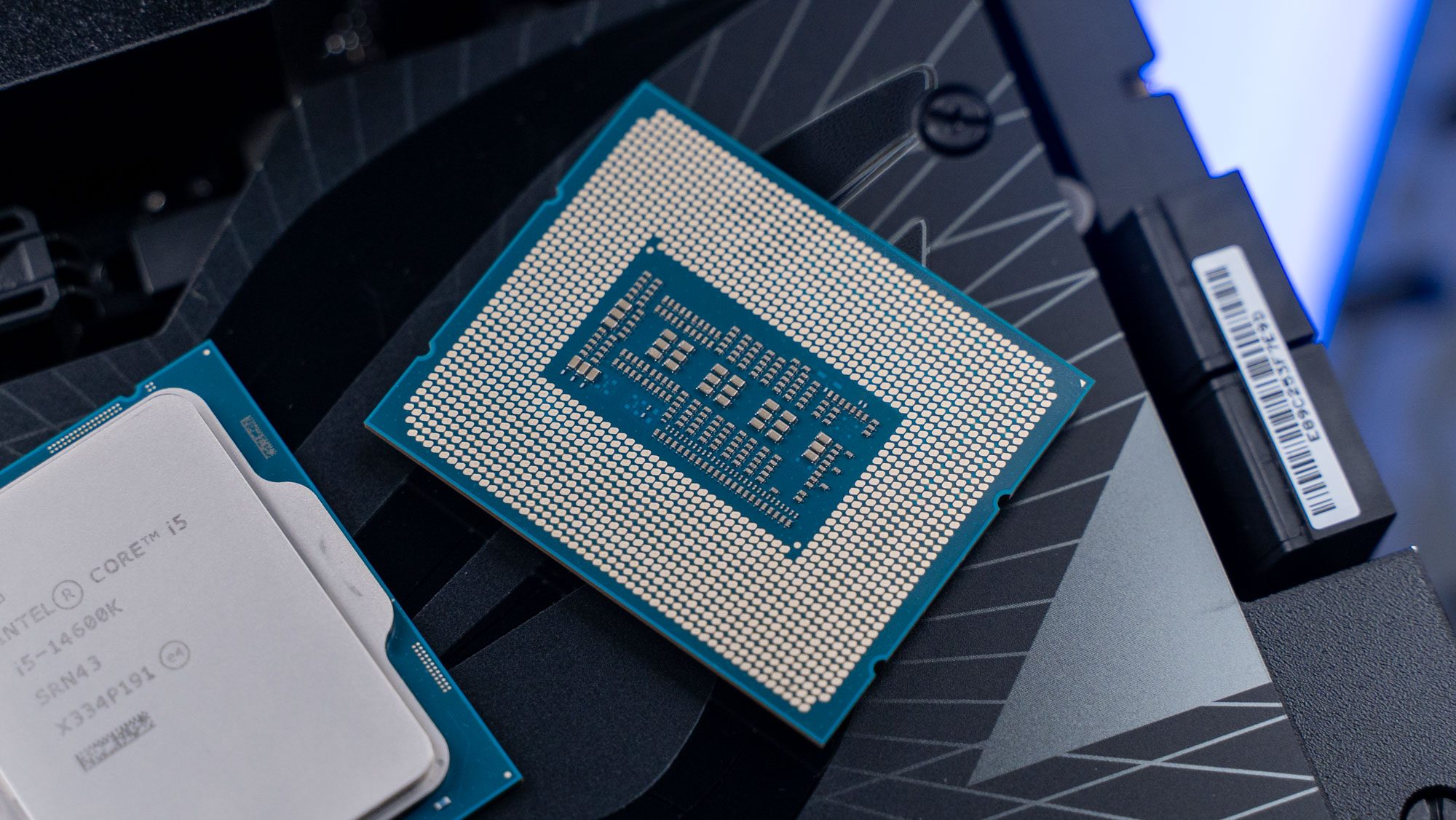Samsung Electronics and IBM announced a collaboration whereby they’re developing edge computing, 5G and hybrid cloud solutions to help businesses across industries modernize their operations and realize the promises of Industry 4.0.
The collaboration will combine Samsung’s Galaxy 5G mobile devices and end-to-end enterprise network solutions with IBM’s network management, hybrid cloud and edge computing offerings and network expertise, as well as Red Hat’s open architecture.
The goal is to develop open, hybrid cloud solutions that enable enterprises to draw greater insights from data at the edge to improve operational performance. They’re talking about everything from a factory floor to an oil rig or just regular old office space (once everyone returns to the office.)
There’s an angle here for private 5G networks. Samsung and IBM plan to help enterprises harness the power of 5G to increase productivity and tap into new business opportunities.
Specifically, they’re bringing to the table Samsung’s 5G end-to-end solutions, including indoor and outdoor products for C-band, Citizens Broadband Radio Service (CBRS) and other mid-band spectrum, as well as millimeter wave solutions. The plan is to combine these solutions with IBM’s hybrid cloud technologies, including its edge platform and network management capabilities.
IBM and Samsung have worked together for many years and a year or two ago, they started talking about 5G, according to Marisa Viveros, vice president of Strategy & Offerings for the Telecom, Media and Entertainment Industry at IBM. That led to a project earlier this year with the Singapore Infocomm Media Development Authority and telecom provider M1 showcasing smart factory technologies, including 5G-enabled AI analytics and AR capabilities.
RELATED: Samsung, IBM partner on 5G-enabled safety platform for enterprise
Together, they’re going to approach enterprises and telecom operators with their solutions. “What we are recognizing is that companies are not only looking for new solutions, but they are looking to transform their operational processes and efficiencies, and that is something the technology can now facilitate,” she said.
The companies said they plan to explore the interoperability and integration of Samsung hardware and software with IBM Edge Application Manager, which runs on Red Hat OpenShift, and AI to enable computing workloads to be managed and deployed to Samsung’s portfolio of mobile devices at an industrial scale.
In the U.S., the two companies created an IBM and Samsung Growth Factory. They say this approach has been critical in launching new solutions, such as mobile banking and safe communication in hospitals, as well as helping people return to work safely with social distancing and AR solutions for frontline workers.













